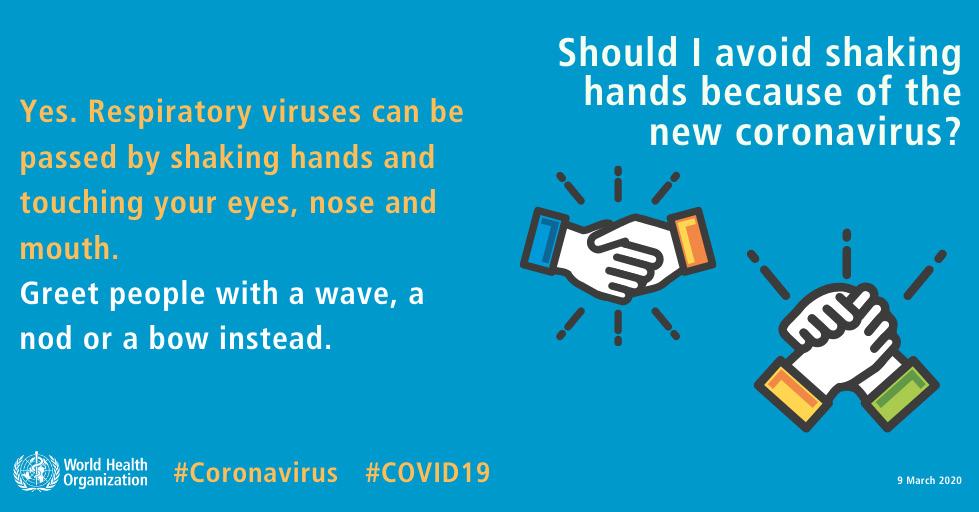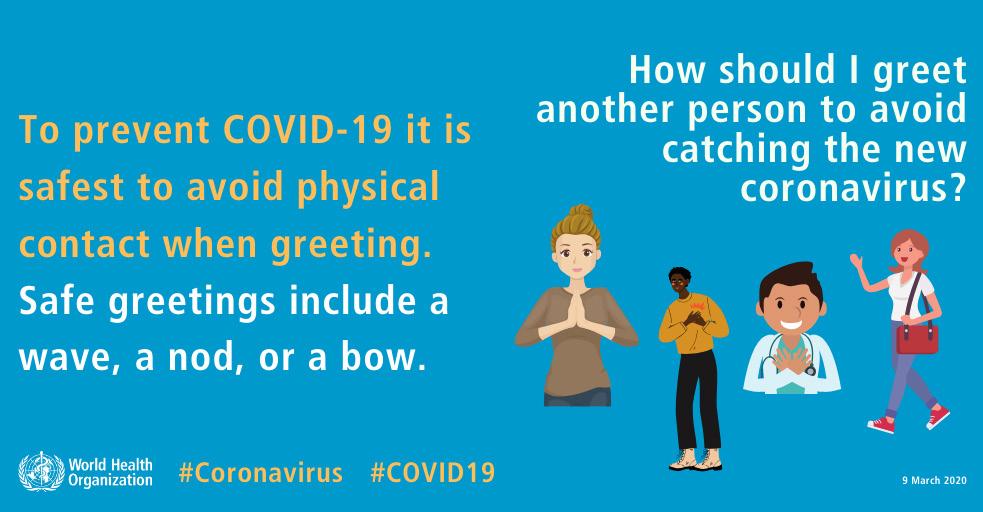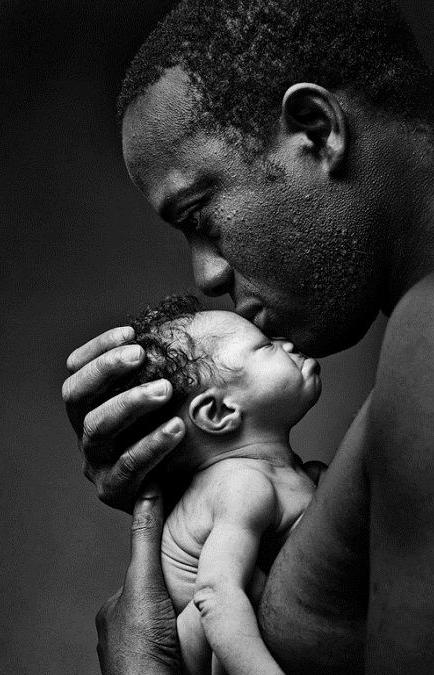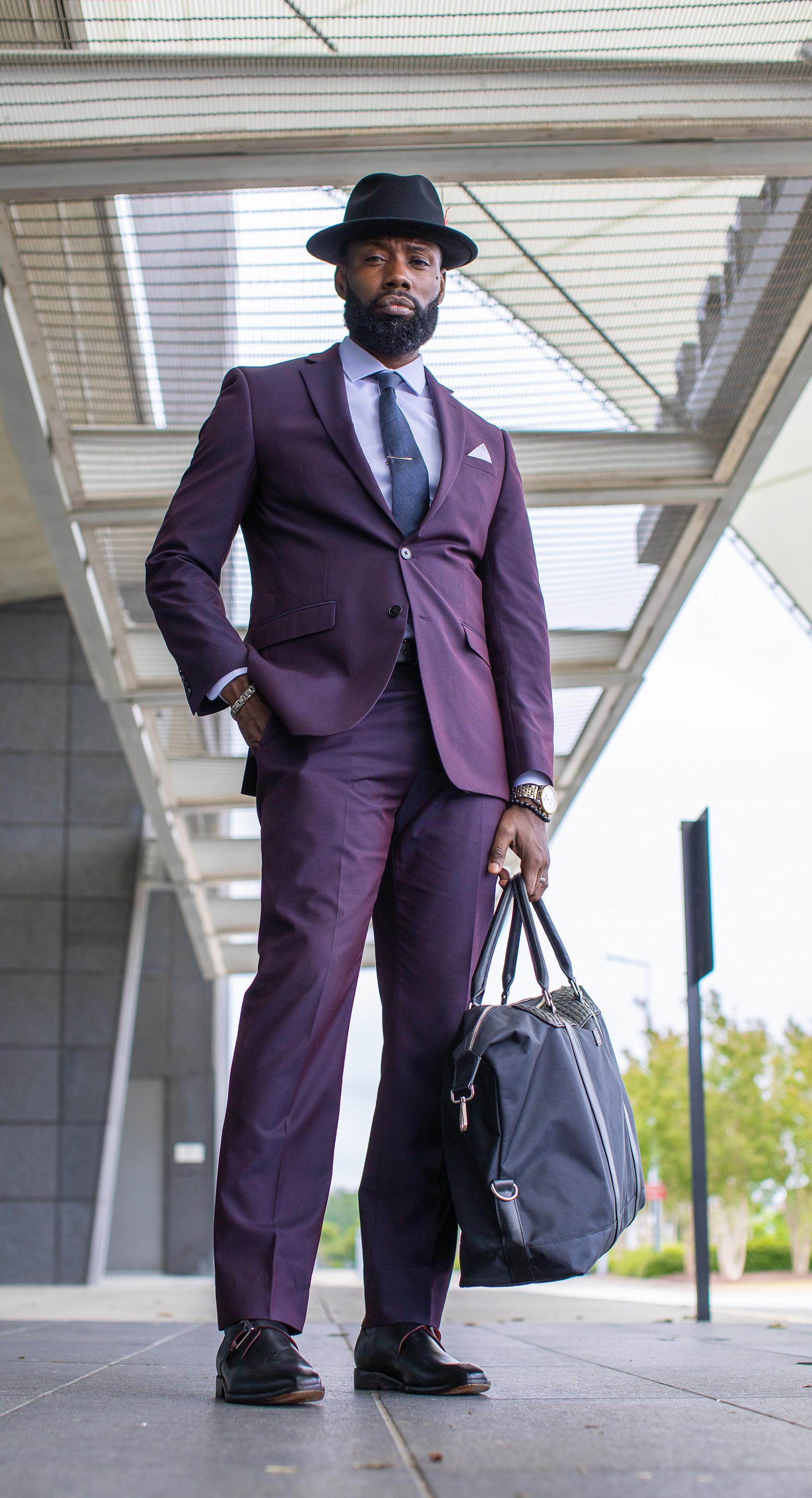
6 minute read
DAPPER LUQ
Photographer: Ulysses Burden III
DAPPER LUQ A GENTLEMAN IN PURPLE
Advertisement
On June 7, 1958 the legendary singer Prince Rogers Nelson was born in Minneapolis, MN. Prince started his music career in 1978 and for decades to follow he would produce some of the most iconic funk, rock, pop and R&B music. It’s no secret that Prince’s favorite color was purple, so it is only fitting that during his month, any tribute features the color purple. In addition to Prince’s love of the color purple, historically, the color is known to be associated with royalty, power and wealth.

As a gentleman, suits are a staple in my wardrobe and I also love the boldness and richness of the color purple. Trying to find a purple suit off the rack can be a challenge, but it is definitely an option in most custom suit collections. The Dapper Luq Collection which I am wearing for this tribute, has an amazing purple fabric and I paired the suit with a white shirt, smoke colored tie and black fedora. The shoes I am wearing are a black single monk strap shoe from the amazing Virginia based shoe designer MS Shoe Designs. Finally, the two additional accessories I have are the Worley champagne & gold chronograph watch and the black leather duffle bag by Virginia based watch maker Talley and Twine.
For any gentleman that wants to stand out in a room full of men in suits, the trick is to utilize unique colors or patterns. In my opinion, purple is one of those unique colors that will ensure you standout in a room full of suits. I recommend black shoes with the suit, but the shirt and tie options are infinite. Don’t be afraid to be bold and showcase your personality even in a well-tailored suit. The main events for this bold suit choice are cocktail events, parties, and of course red carpet events.

~Dapper Luq Luqman Haskett
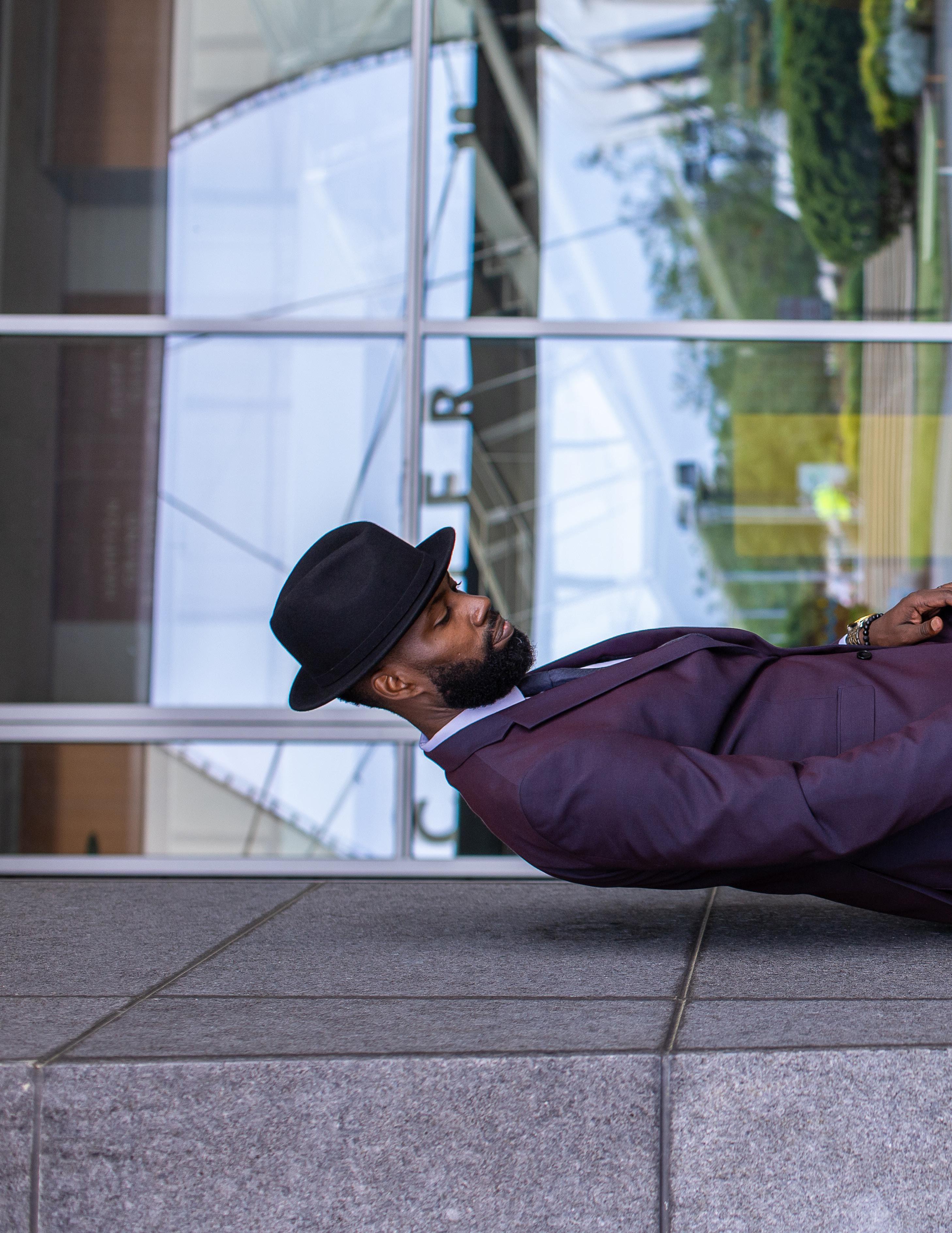
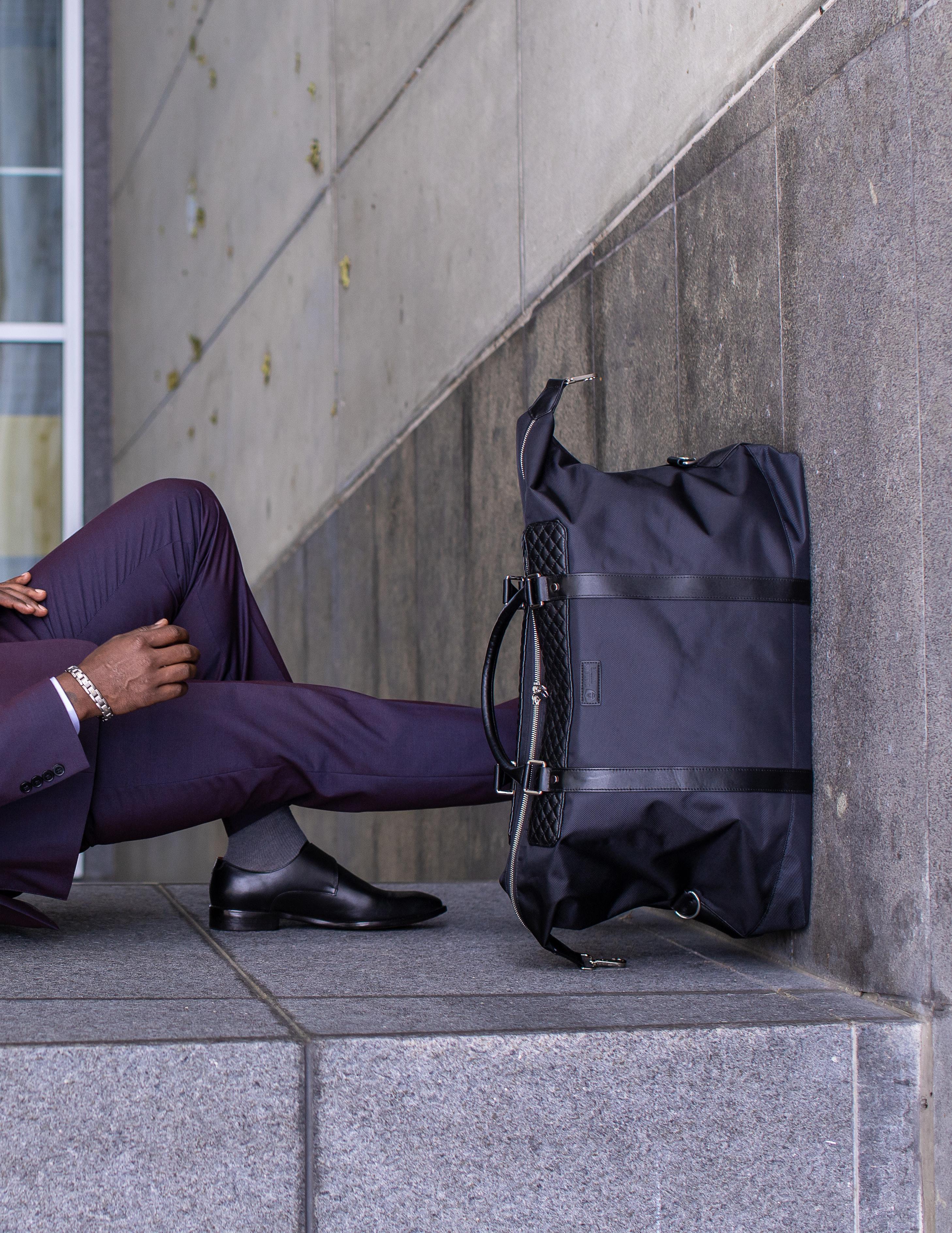
Photographer: Ulysses Burden III

WHAT IS CORONAVIRUS?
Coronavirus disease (COVID-19) is an infectious disease caused by a newly discovered coronavirus.
Most people infected with the COVID-19 virus will experience mild to moderate respiratory illness and recover without requiring special treatment. Older people, and those with underlying medical problems like cardiovascular disease, diabetes, chronic respiratory disease, and cancer are more likely to develop serious illness.
The best way to prevent and slow down transmission is be well informed about the COVID-19 virus, the disease it causes and how it spreads. Protect yourself and others from infection by washing your hands or using an alcohol based rub frequently and not touching your face.
The COVID-19 virus spreads primarily through droplets of saliva or discharge from the nose when an infected person coughs or sneezes, so it’s important that you also practice respiratory etiquette (for example, by coughing into a flexed elbow).
At this time, there are no specific vaccines or treatments for COVID-19. However, there are many ongoing clinical trials evaluating potential treatments. WHO will continue to provide updated information as soon as clinical findings become available.
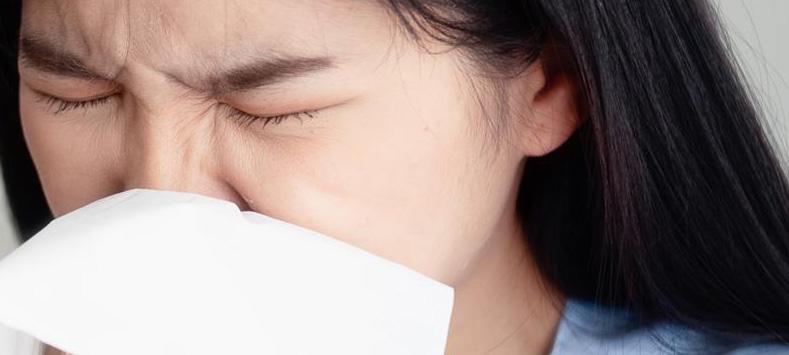
Protecting yourself and others from the spread COVID-19 You can reduce your chances of being infected or spreading COVID-19 by taking some simple precautions:
Regularly and thoroughly clean your hands with an alcohol-based hand rub or wash them with soap and water. Why? Washing your hands with soap and water or using alcohol-based hand rub kills viruses that may be on your hands. Maintain at least 1 metre (3 feet) distance between yourself and others. Why? When someone coughs, sneezes, or speaks they spray small liquid droplets from their nose or mouth which may contain virus. If you are too close, you can breathe in the droplets, including the COVID-19 virus if the person has the disease. Avoid going to crowded places. Why? Where people come together in crowds, you are more likely to come into close contact with someone that has COIVD-19 and it is more difficult to maintain physical distance of 1 metre (3 feet). Avoid touching eyes, nose and mouth. Why? Hands touch many surfaces and can pick up viruses. Once contaminated, hands can transfer the virus to your eyes, nose or mouth. From there, the virus can enter your body and infect you. Make sure you, and the people around you, follow good respiratory hygiene. This means covering your mouth and nose with your bent elbow or tissue when you cough or sneeze. Then dispose of the used tissue immediately and wash your hands. Why? Droplets spread virus. By following good respiratory hygiene, you protect the people around you from viruses such as cold, flu and COVID-19. Stay home and self-isolate even with minor symptoms such as cough, head
ache, mild fever, until you recover. Have someone bring you supplies. If you need to leave your house, wear a mask to avoid infecting others. Why? Avoiding contact with others will protect them from possible COVID-19 and other viruses. If you have a fever, cough and difficulty breathing, seek medical attention, but call by telephone in advance if possible and follow the directions of your local health authority. Why? National and local authorities will have the most up to date information on the situation in your area. Calling in advance will allow your health care provider to quickly direct you to the right health facility. This will also protect you and help prevent spread of viruses and other infections. Keep up to date on the latest information from trusted sources, such as WHO or your local and national health authorities. Why? Local and national authorities are best placed to advise on what people in your area should be doing to protect themselves.
Advice on the safe use of alcohol-based hand sanitizers
To protect yourself and others against COVID-19, clean your hands frequently and thoroughly. Use alcohol-based hand sanitizer or wash your hands with soap and water. If you use an alcohol-based hand sanitizer, make sure you use and store it carefully.
Keep alcohol-based hand sanitizers out of children’s reach. Teach them how to apply the sanitizer and monitor its use. Apply a coin-sized amount on your hands. There is no need to use a large amount of the product. Avoid touching your eyes, mouth and nose immediately after using an alcohol-based hand sanitizer, as it can cause irritation.
Hand sanitizers recommended to protect against COVID-19 are alcohol-based and therefore can be flammable. Do not use before handling fire or cooking. Under no circumstance, drink or let children swallow an alcohol-based hand sanitizer. It can be poisonous. Remember that washing your hands with soap and water is also effective against COVID-19.
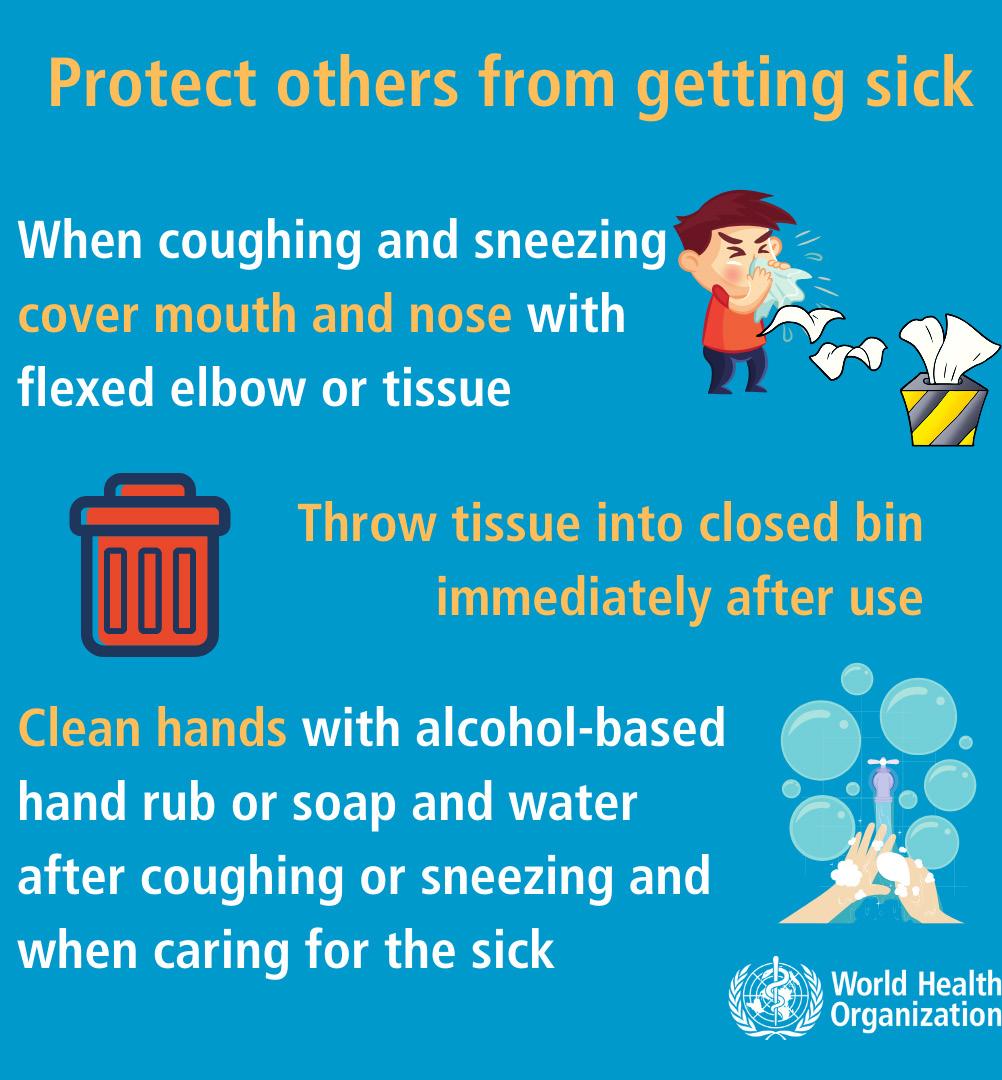
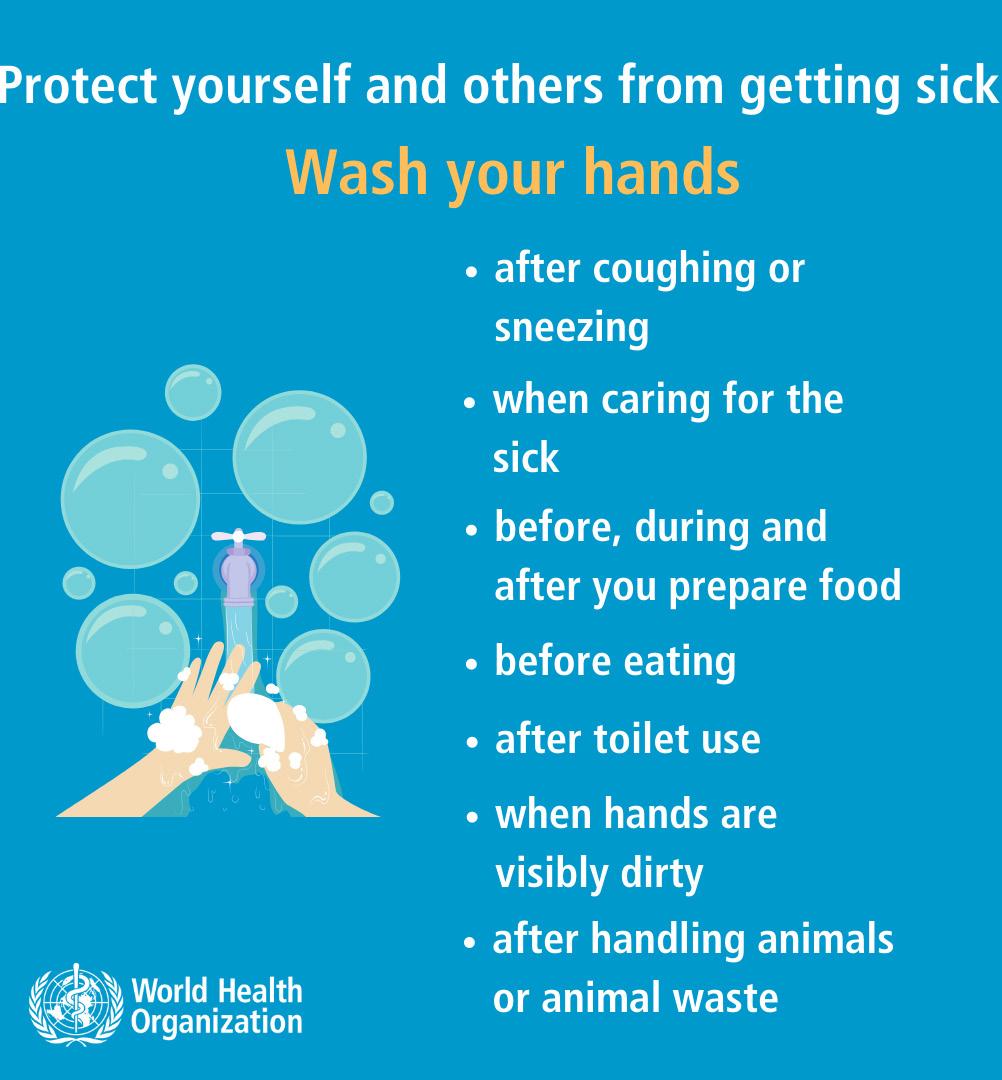
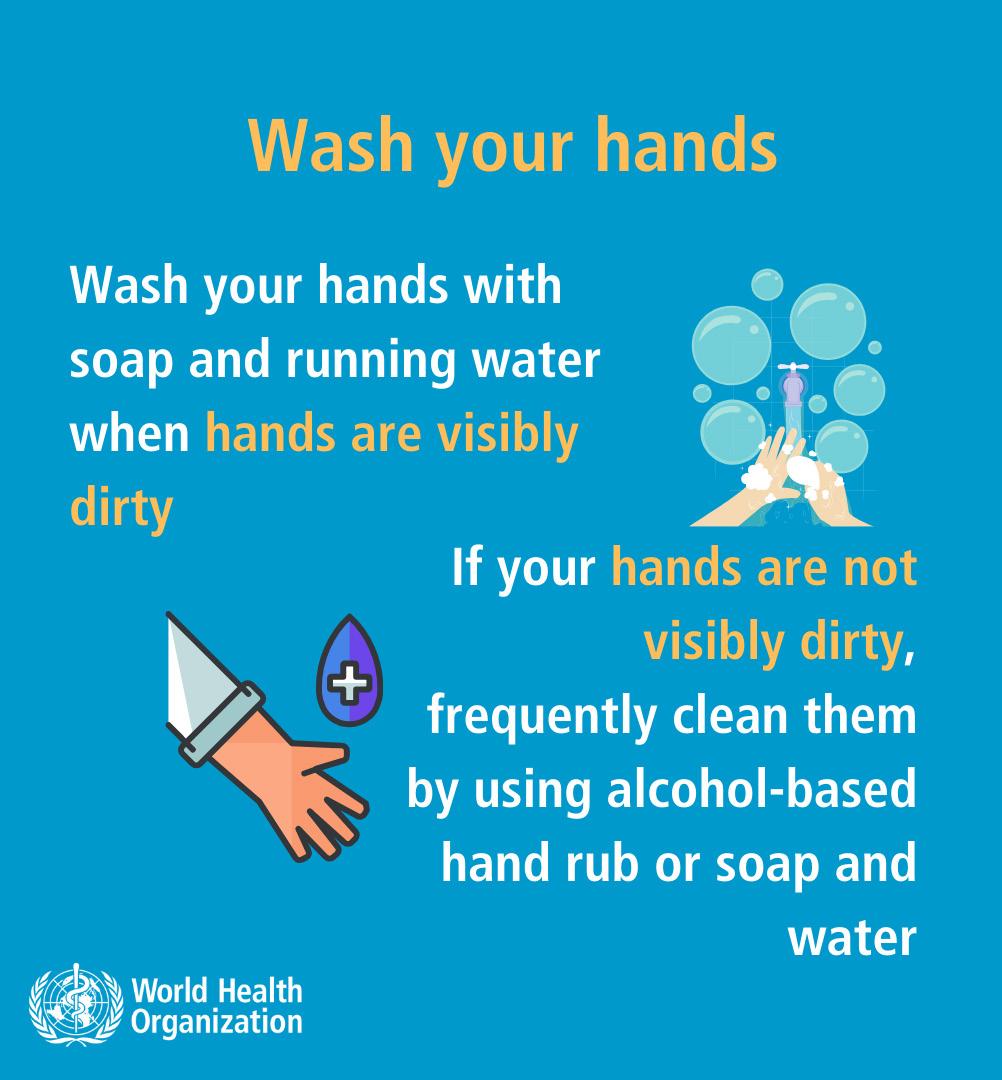
Protect yourself and others from getting sick
